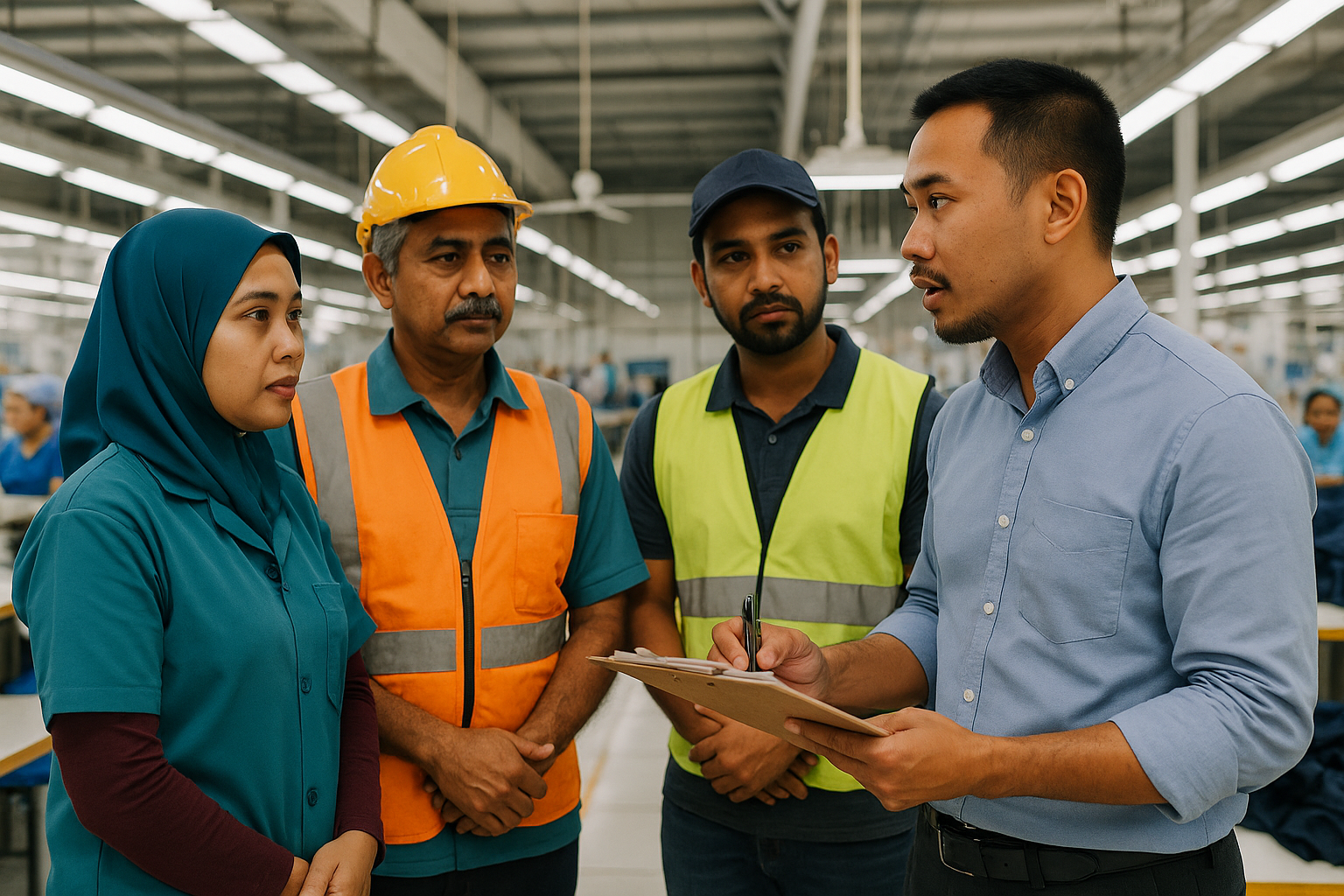ILO Forum Urges Asia-Pacific to Harness Supply Chains for Decent Work
The hub translates complex research into accessible knowledge for policymakers, employers, workers, and development practitioners.

- Country:
- Thailand
Supply chains remain powerful engines of economic growth across Asia and the Pacific, but stronger governance, sound policies, and coordinated regional action are urgently needed to ensure they also become engines of decent work, equity, and resilience, participants heard at an International Labour Organization (ILO) forum held in Bangkok.
The two-day event, Resilient supply chains and equitable growth in a changing world of work: Advancing Decent Work through regional cooperation in Asia and the Pacific, convened over 200 participants from 20 countries, including representatives from governments, employers’ organizations, workers’ groups, development partners, and labour experts.
Supply Chains as Drivers of Inclusive Growth
Manuela Tomei, ILO Assistant Director-General for Governance, Rights and Dialogue, emphasized the transformative potential of supply chains for the region’s economies:
“Supply chains can be powerful drivers of inclusive growth in Asia and the Pacific, creating opportunities for millions. Realizing this promise requires sound policies, strong institutions, and vibrant and independent workers' and employers’ organizations. Only then can trade and investment truly translate into decent work, shared prosperity, and resilience across the region’s diverse economies.”
The discussions underscored how supply chains, which account for 41% of global merchandise trade value and support at least 75 million workers in South-East Asia alone, are built not only on multinational corporations but also on a vast network of micro, small, and medium-sized enterprises (MSMEs). These smaller enterprises make up 97% of all businesses in the region and employ nearly 70% of the labour force, highlighting their central role in regional prosperity.
Asia-Pacific’s Chance to Lead
Despite uncertainties in global trade, participants agreed that the current shifts provide the Asia-Pacific region with a unique opportunity to take the lead in designing its own labour governance model for supply chains.
Kaori Nakamura-Osaka, ILO Assistant Director-General and Regional Director for Asia and the Pacific, noted:
“With much of today’s trade occurring within the global South, and increasingly within Asia itself, this region is no longer merely responding to rules set elsewhere. It has the chance to chart its own course as a trusted destination for resilient and equitable supply chains that deliver decent work, value addition, and sustainable growth.”
Knowledge Sharing and Practical Tools
The Bangkok forum featured the launch of the ILO’s new “Supply Chains Evidence Hub”, an online resource that consolidates insights from more than 500 publications over the past decade. The hub translates complex research into accessible knowledge for policymakers, employers, workers, and development practitioners.
In addition, the ILO released three new policy briefs spotlighting evidence on opportunities and challenges for advancing decent work in agricultural, manufacturing, and minerals supply chains. These briefs informed debate and highlighted sector-specific strategies for strengthening fair labour practices.
Powerful video testimonies from workers, employers, and communities across the region were also presented, illustrating how the ILO’s initiatives—together with its tripartite partners—are already making supply chains more sustainable, equitable, and socially just.
Path Forward
Outcomes from the Bangkok forum will serve as an important reference point for implementing the ILO’s Strategy on Decent Work in Supply Chains in Asia and the Pacific. Key priorities identified include:
-
Reinforcing labour standards and responsible business conduct.
-
Promoting formalization of jobs and reducing inequality.
-
Expanding social protection to vulnerable workers.
-
Strengthening regional cooperation and policy coherence.
Participants concluded that building resilient, inclusive supply chains in Asia and the Pacific will be essential to achieving not only economic growth but also the Sustainable Development Goals (SDGs) related to poverty reduction, decent work, and social justice.










